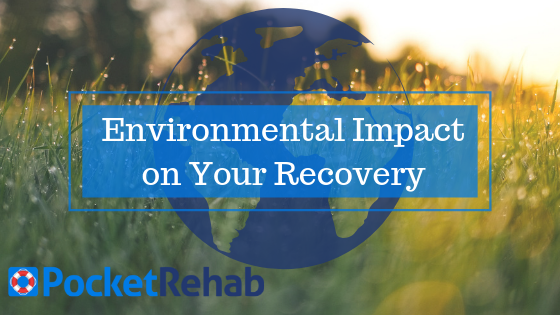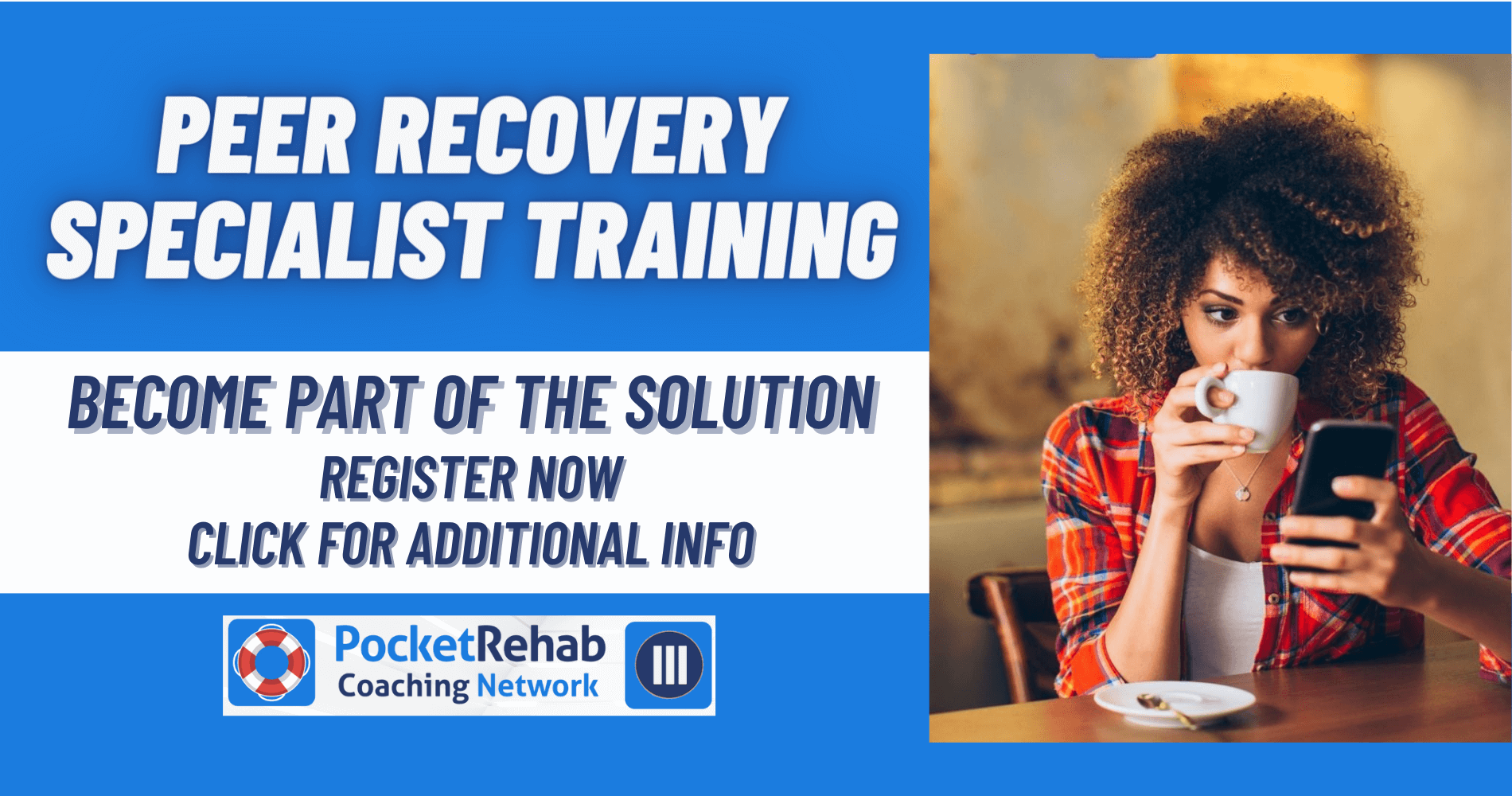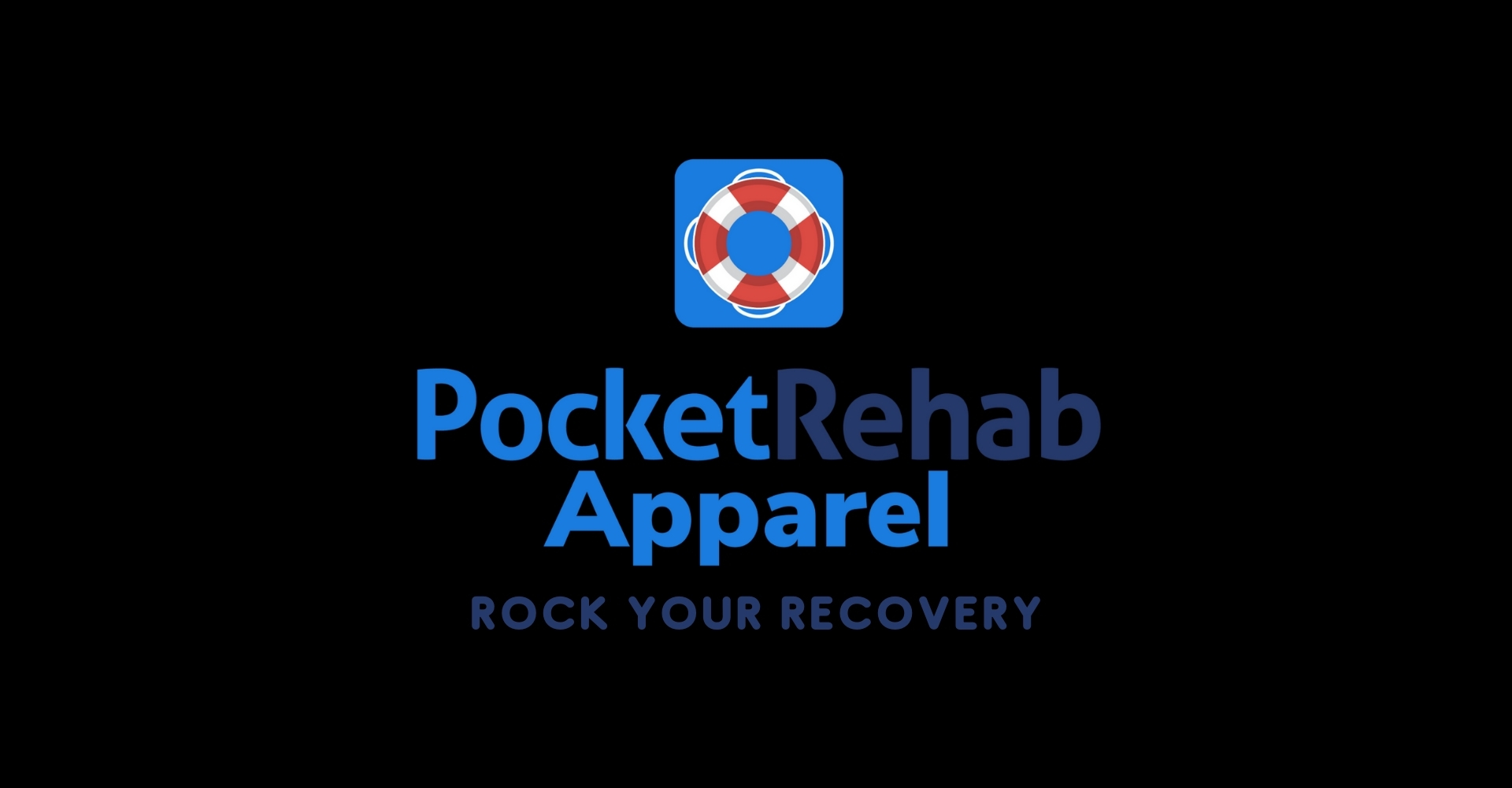Understanding the Role Your Environment Plays in your Recovery

Does where we live or work play a role in recovery? Is the environment affecting the way you feel each day and the behaviors you actively participate in without your recognition? Much of what we experience in recovery takes place internally, but what is going on around us is equally important in facilitating a lifestyle of healing and recovery. Here’s a look at how the environment we live or work in plays into the recovery efforts we are practicing every single day.
Our physical environments directly impact our psychological health in a number of ways. What we see day-to-day can create great emotional satisfaction or great emotional turmoil within. Likewise, how we interact with our surroundings can also play a role in whether we are faced daily with triggers that could lead to relapse or whether we have a significant chance for lasting recovery and healing.
Feeling Overwhelmed
For instance, a cluttered room can make us feel uneasy and anxious. Mentally we see clutter and feel overwhelmed, even if it is not our own mess to deal with. Feeling overwhelmed can lead to feelings similar to those that were once medicated with drugs or alcohol--and such feelings can lead to relapse.
Dealing with clutter requires dedication and a little elbow grease. Spring cleaning is a great way to kick the year off in the right direction with your environment being the cleanest and most conducive to recovery it can be. If you’re feeling overwhelmed by clutter, consider hiring some help to organize and get rid of things you don’t need. Professional organizers make a living helping people declutter and, therefore, destress their environment.
You’ll be surprised at how much less stress you have when you can find what you are looking for, don’t have to dig too deep, and don’t have a huge clutter of mess facing you each day you walk through the front door.
Likewise, decluttering the bedroom is a great first step to take towards cleansing your environment and making it more conducive to healing. Consider decluttering your dresser, closet and any other areas of the bedroom first. Having a clutter-free bedroom will help you to sleep better--another way that your environment can play a role in your recovery.
Feeling Crowded & Socially Overwhelmed
Do you work in a fast-paced environment where there are massive crowds and loud noises all the time? If you’re working at an amusement park, an airport, or even in a fast-paced fast-food restaurant, you may need to seek employment that will not lead to your relapse. This doesn’t mean that working in these environments is guaranteed to cause relapse, just that these types of environments have been known to cause psychological distress that could hinder your recovery if loud noises, fast-pace, and crowds make you anxious.
We are all different and these types of problems in the work environment may not be a major problem for everyone in recovery. Only you will know for sure how this kind of environment is impacting your stress levels and your recovery. Just remember, cities with higher crowds tend to also have higher rates of mental illness!
Air Quality
Pollution may be making it difficult for you to reach your sobriety goals. In fact, a recent study shows that pollution is the cause of increased rates of mental illness and that toxins can lead to erratic behaviors. In fact, some say that toxins in the air are responsible for aggressive behaviors or a limited ability to self-regulate. Self-regulation is a common and VITAL core competency in recovery--an inability to self-regulate could lead to relapse.
Tranquil Environments
If you live near the beach or you are in a city with many parks available to visit, you are likely at an environmental advantage in recovery. Studies have proven that those who live near the beach tend to have a more laid back attitude and feel more relaxed. (Beach vibes are for real!)
Likewise, a lake, ocean or canal nearby your home can also produce similar environmental calming effects that are conducive to relaxation and therefore also conducive to recovery. Generally, people are less anxious and less depressed when they live in an area that includes ample opportunity to actively participate in outdoor experiences and to enjoy nature.
Workplace or Home Lighting Quality
Do you work in an environment that is dimly lit? Is your home lacking natural light? If you spend more of your time indoors, and you are not receiving adequate sunlight, you may be feeling SAD. In fact, seasonal-affective disorder or (SAD) is common in northern states during the winter when sunlight is minimized. However, working or living in an environment that has low lighting can also emit similar feelings of sadness and depression.
Poor interior lighting can make you feel less productive, less energized and therefore less motivated in recovery. If you suspect that lighting is to blame for how you’re feeling, consider replacing dimly lit areas with LED lighting that mimics the sunshine. Or, get outdoors as frequently as you can to enjoy the sun.
Lack of Interaction
If you work alone or in an environment that limits your interaction with others, you may be feeling down and out simply because you don’t have enough interaction with others. This is also true if you live alone. In recovery, it can be challenging to make new friends that will respect your boundaries and understand your need to avoid certain triggers. However, apps like Pocket Rehab make connecting with others in recovery both fast and fun.
Download the Pocket Rehab app today to connect with local members in recovery. You can interact with members in the app and find your support group for long-term recovery. Whether you are lacking interaction at work or at home, Pocket Rehab is one of many tools that can supplement safe recovery interactions with others.
Changing Environmental Triggers
If you believe that your environment is playing a role in a potential struggle that you are facing in recovery, there are ways to change environmental triggers and to cope with them more effectively. When moving away or changing jobs is not an option, consider some of the positive elements of the environment and incorporate those into your recovery. For instance:
-
You can declutter your home to reduce stress.
-
You can get out and enjoy the water or a park to reduce stress.
-
Even if you don’t live near the beach or water, you could travel to at least experience the relaxation for a little while.
-
If you work in a low lit area, ask your boss if you can add better lighting.
-
If you don’t have enough lighting in your home, make changes by installing more LED sunlight style lamps or just open the shades more often!
-
If you work in an environment that is fast-paced or otherwise loud and it is creating stress, do your best to seek peace and quiet when you are off work.
-
If you are lacking interaction from others in recovery, seek support through Apps like Pocket Rehab or through local groups. Download Pocket Rehab from Google Play or from Apple App Store.
You may not be able to fix the exact trigger that ails you, such as the pollution in the air or the busy street below your apartment, but you can take steps to reduce the stress that it causes. For more tips, talk to others in Pocket Rehab about their experiences with the environmental cues and the steps that they have taken towards healing and feeling better despite the world they live in. You never know...they just may have the answer to your problem!
Tags: environmental triggers, recovery





